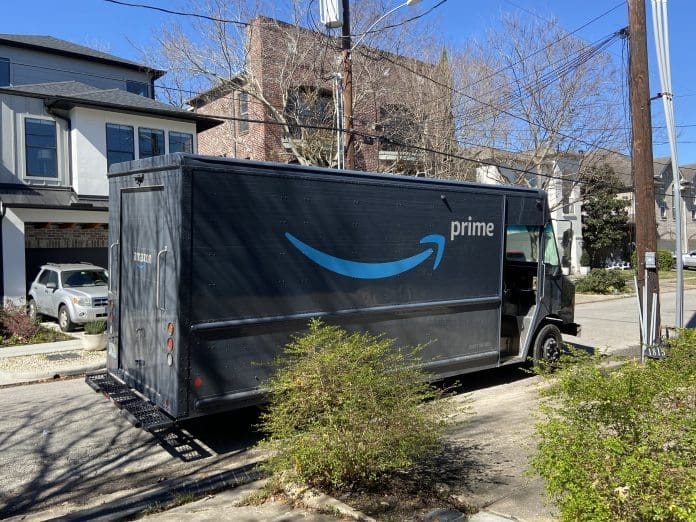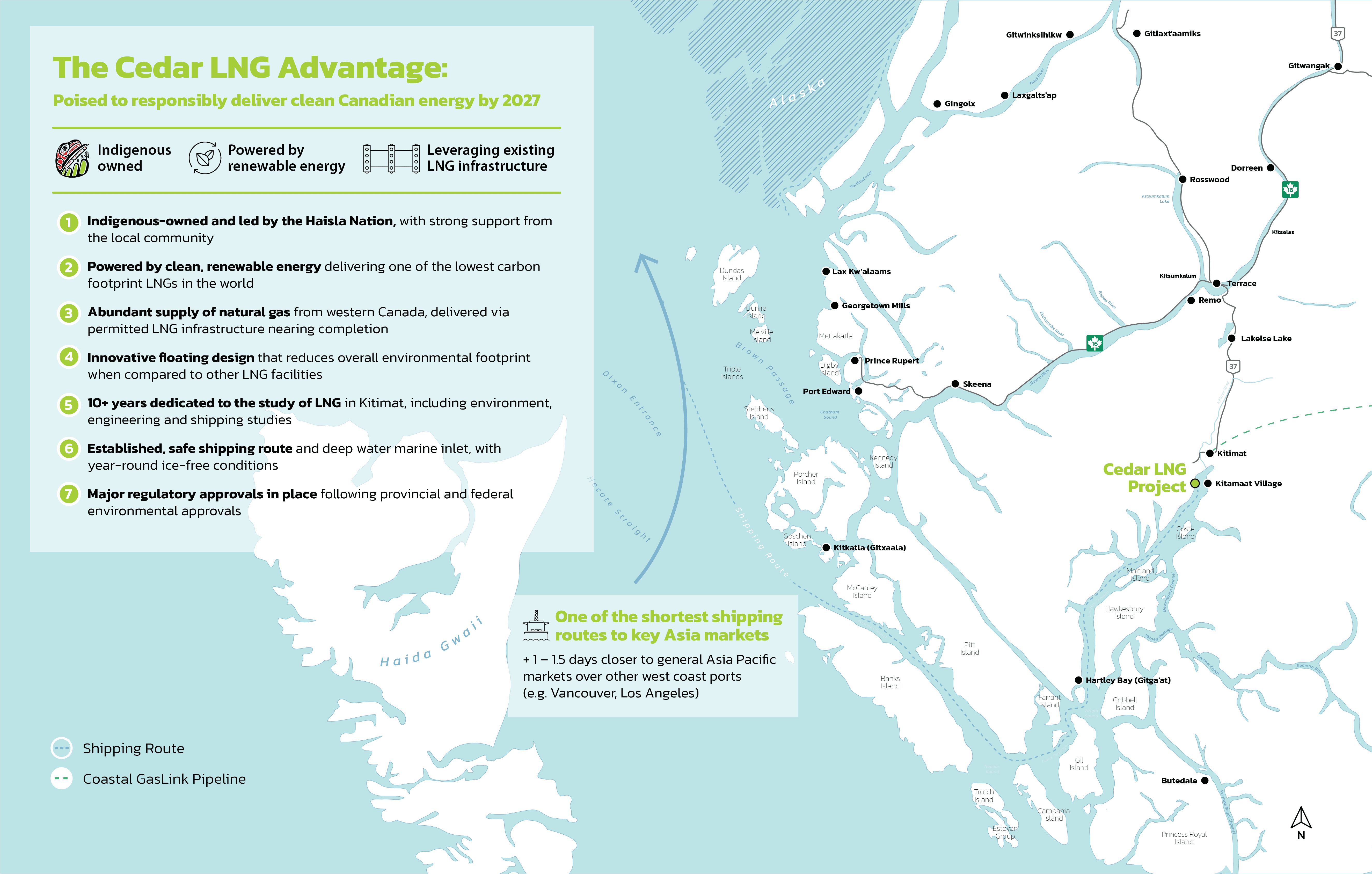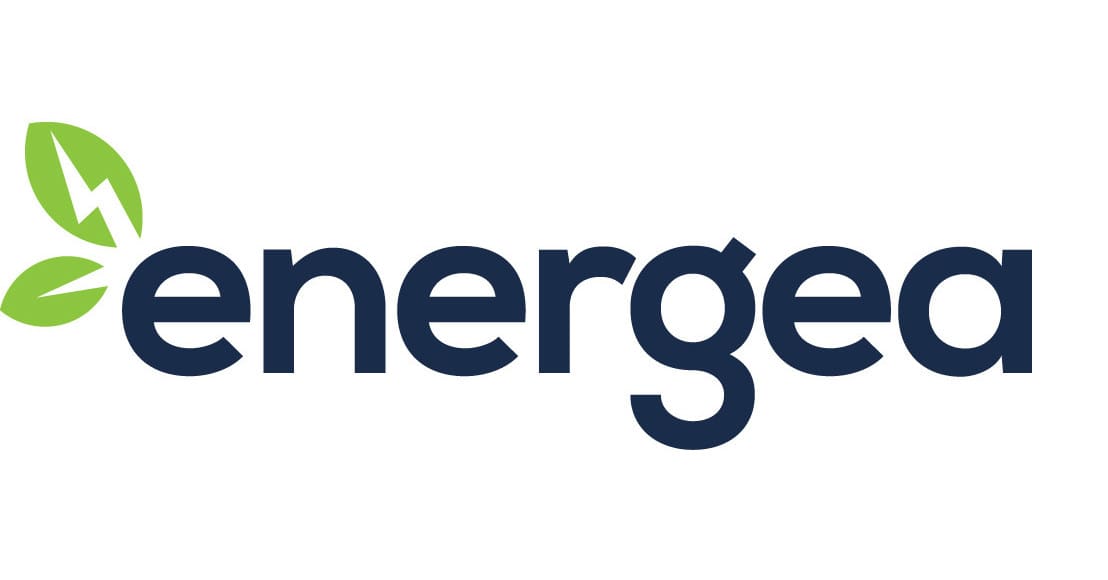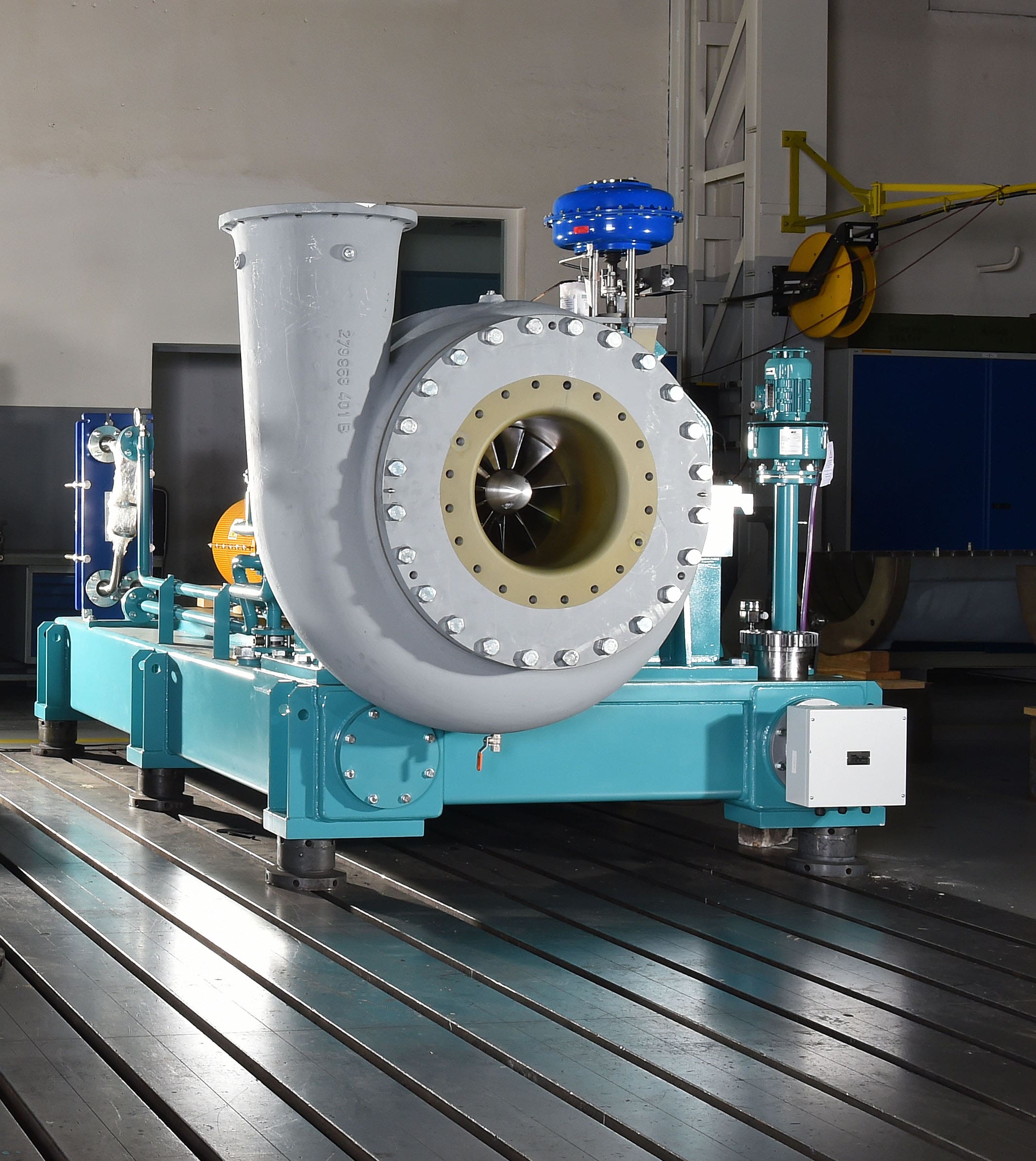Just days after reporting a record high US$125.5 billion in fourth quarter 2020 sales, Amazon ordered 1000 compressed natural gas (CNG)-powered truck engines from a joint venture between Cummins and Westport Fuel Systems. Amazon experienced a surge in deliveries last year as folks took to shopping online to stay safe during the pandemic. The CNG engines are intended for Amazon’s heavy-duty trucks and are expected to be able to operate on both natural gas and renewable natural gas (RNG). “Amazon is excited about introducing new sustainable solutions for freight transportation and is working on testing a number of new vehicle types including electric, CNG, and others,” the company said in a statement.
Amazon is incorporating a multifaceted approach to fulfill its climate pledge. Announced in late 2019, The Climate Pledge is Amazon’s commitment to reach net-zero carbon emissions by 2040. In October 2020, Amazon announced it was teaming up with electric vehicle maker, Rivian, to get 10,000 custom electric delivery vehicles on the road by 2022 and 100,000 by 2030.
Amazon is just the latest transportation giant to embrace CNG in its fleet. United Parcel Service (UPS), which also posted record-high revenue and adjusted operating income in 2020, entered into an agreement between Kinetrex Energy and TruStart Energy in February 2020. The announcement came in addition to UPS’ goal to purchase over 6000 natural-gas powered trucks between 2020 and 2022 for an estimated US$450 million. The trucks will incorporate Agility Fuel Solutions’ CNG fuel systems. “The use of RNG is a very important part of UPS’ strategy to increase alternative fuel consumption to be 40% of total ground fuel purchases by 2025,” said Mike Whitlatch, vice president of global energy and procurement at UPS. “We are using both liquefied natural gas and compressed natural gas as bridging fuels to increase our use of RNG. This will have a measurable impact as RNG yields up to a 90% reduction in lifecycle greenhouse gas emissions when compared to conventional diesel. Using RNG is what will ultimately help UPS meet its 2025 sustainability goals.”
FedEx, the second-largest US-based package delivery company behind UPS, operates a large intentional network. Its headline goal is to obtain 30% of its jet fuel from alternative energy sources by 2030. The company operates over 120 all-electric trucks and over 350 commercial hybrid trucks. In May 2020, FedEx announced it had reduced its CO2 emissions by 40% since 2009.

















